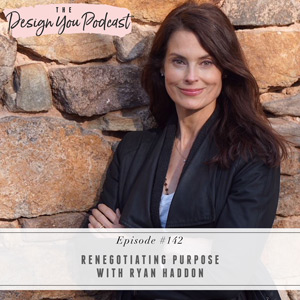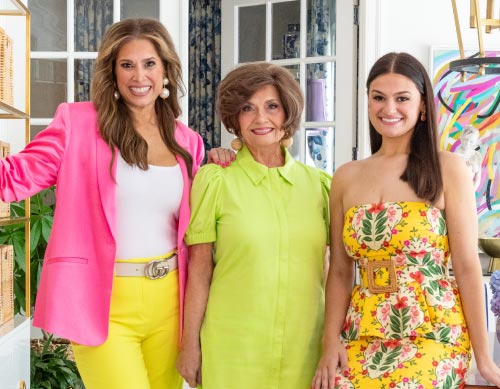
I have the perfect episode for you this week, friends; it’s a great reflection as we get closer to the end of this year and move into the next. This year has been a tremendous recalibration of our priorities and many of us are thinking about the year we want to have next year. Today’s guest joins me to talk about renegotiating purpose and why you can change your life at any point you want.
Ryan Haddon is a Clinical Hypnotherapist, Meditation Teacher, Life and Spiritual Coach who has worked with all kinds of celebrities and high-profile clients, and who found her purpose later in life. She now runs a thriving practice, writes for a range of publications, and helps others by sharing the message about the relationship to self and something greater, and how we show up in our relationships to others.
Tune into the podcast this week as we discuss the effects of the unconscious mind, how to shift our perception to find gratitude in our life, and how to change the narrative we’re thinking and the reality we’re creating. We discuss how to stop thinking from a place of scarcity and start to think from abundance and why everybody has innate wisdom, purpose, and something to bring to the world.
If you want help in creating financial freedom and building a business that’s fun and thriving, get on over to the Design You Coaching Program! We only enroll a few times a year, so be sure to sign up for the waiting list ASAP to be notified when we next open our doors!












